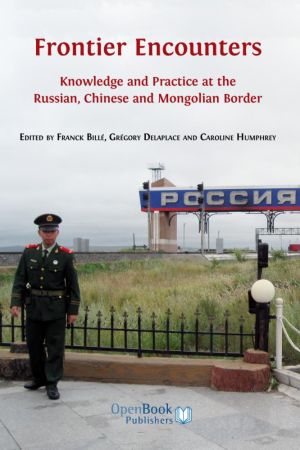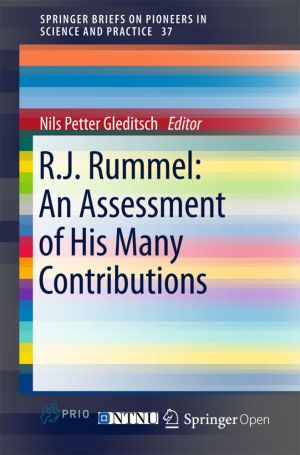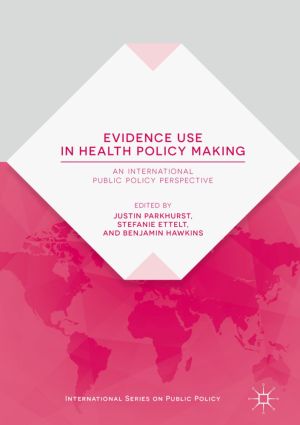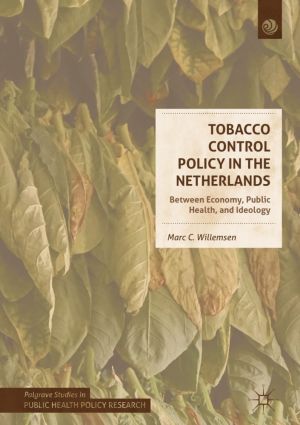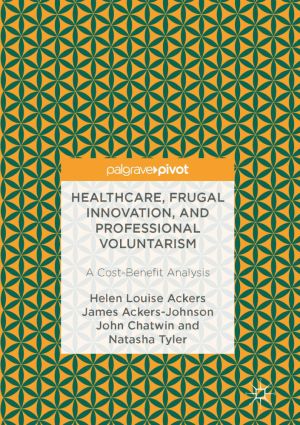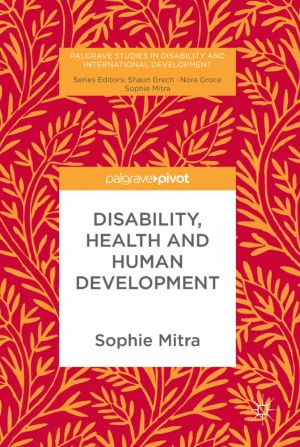Politics and Government
Free Download Open Books
by Reinhard Haas, Lutz Mez, Amela Ajanovic
This open book discusses the eroding economics of nuclear power for electricity generation as well as technical, legal, and political acceptance issues. The use of nuclear power for electricity generation is still a heavily disputed issue. Aside from technical risks, safety issues, and the unsolved problem of nuclear waste disposal, the economic pe...
by Dr. Marian Mollin
The 1960s was a time of reform and revolution in America, brought on by individuals willing to challenge political, social, and cultural norms. Politics, Power, & Playboy explores the American mindset during this turbulent and transformative time in American history. Each chapter examines instances of Americans confronting power, whether it be ...
by Anne-Greet Keizer, Will Tiemeijer, Mark Bovens
This book sets out to explain the reasons for the gap between "knowing" and "doing" in view of self-reliance, which is more and more often expected of citizens. In today's society, people are expected to take responsibility for their own lives and be self-reliant. This is no easy feat. They must be on constant high alert in...
by Franck Billé, Grégory Delaplace, Caroline Humphrey
China and Russia are rising economic and political powers that share thousands of miles of border. Yet, despite their proximity, their practical, local interactions with each other - and with their third neighbour Mongolia - are rarely discussed. The three countries share a boundary, but their traditions, languages and worldviews are remarkably dif...
by Nils Petter Gleditsch
The book provides a critical and constructive assessment of the many contributions to social science and politics made by Professor R. J. Rummel. Rummel was a prolific writer and an important teacher and mentor to a number of people who in turn have made their mark on the profession. His work has always been controversial. But after the end of the ...
by Justin Parkhurst, Stefanie Ettelt, Benjamin Hawkins
This book provides a set of conceptual, empirical, and comparative chapters that apply a public policy perspective to investigate the political and institutional factors driving the use of evidence to inform health policy in low, middle, and high income settings. The work presents key findings from the Getting Research Into Policy (GRIP-Health) pro...
by Marc C. Willemsen
Governments have known since the 1960s that smoking results in irreversible health damage. This book examines why governments have done so little to combat this when they have been aware of the problem and its solutions for decades. What are the strategies and decisions that make a difference, given that policy environments are often not conducive ...
by Helen Louise Ackers, James Ackers-Johnson, John Chatwin, Natasha Tyler
This book investigates what international placements of healthcare employees in low resource settings add to the UK workforce and the efficacy of the its national health system. The authors present empirical data collected from a volunteer deployment project in Uganda focused on reducing maternal and new-born mortality and discuss the learning and ...
by Sophie Mitra
This book introduces the human development model to define disability and map its links with health and wellbeing, based on Sen's capability approach. The author uses panel survey data with internationally comparable questions on disability for Ethiopia, Malawi, Tanzania and Uganda. It presents evidence on the prevalence of disability and its ...
by Daniel Serwer
This book focuses on the origins, consequences and aftermath of the 1995 and 1999 Western military interventions that led to the end of the most recent Balkan wars. Though challenging problems remain in Bosnia, Macedonia, Kosovo, and Serbia, the conflict prevention and state-building efforts thereafter were partly successful as countries of the reg...




